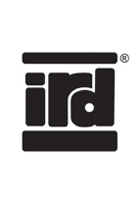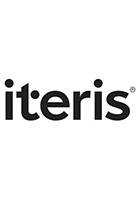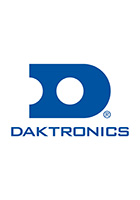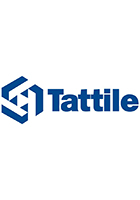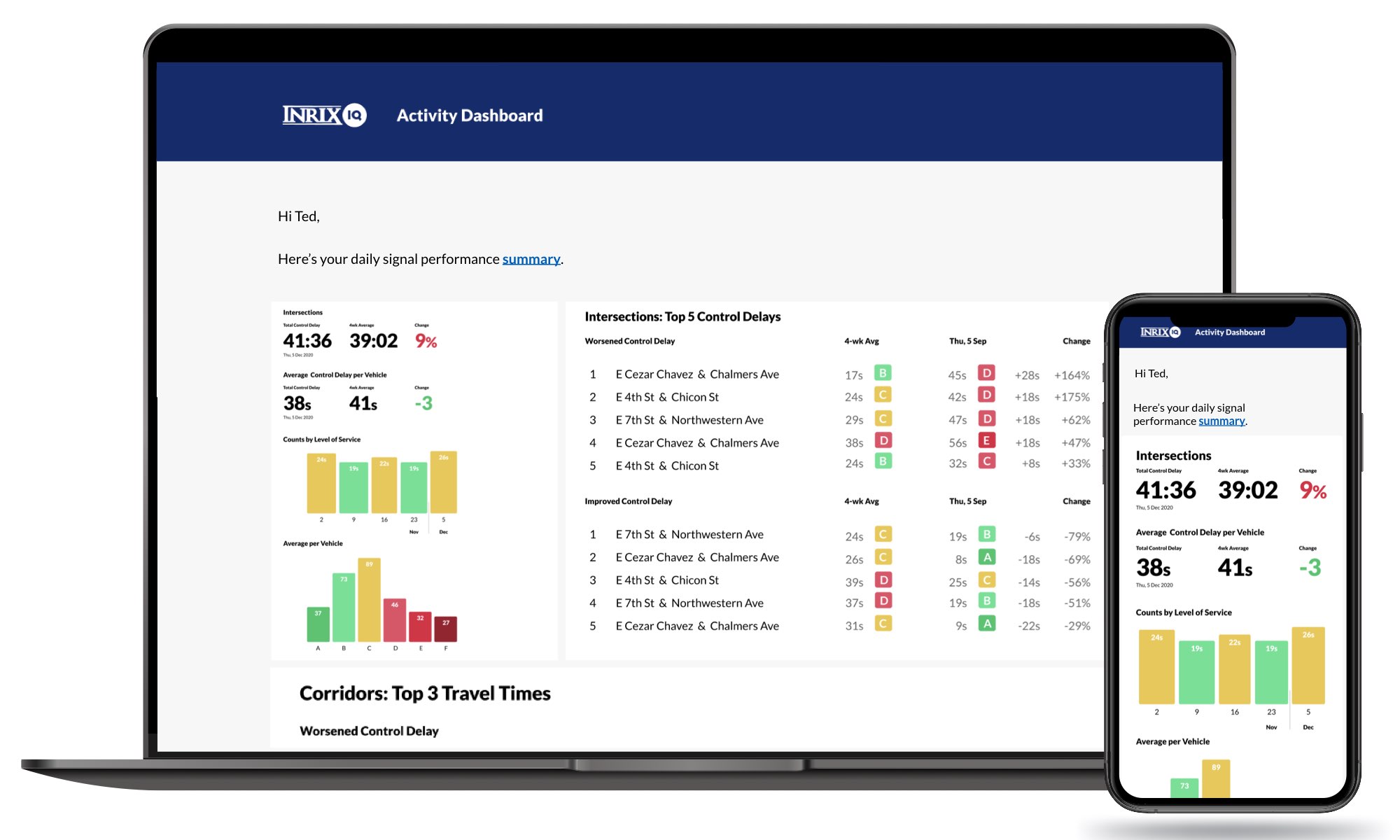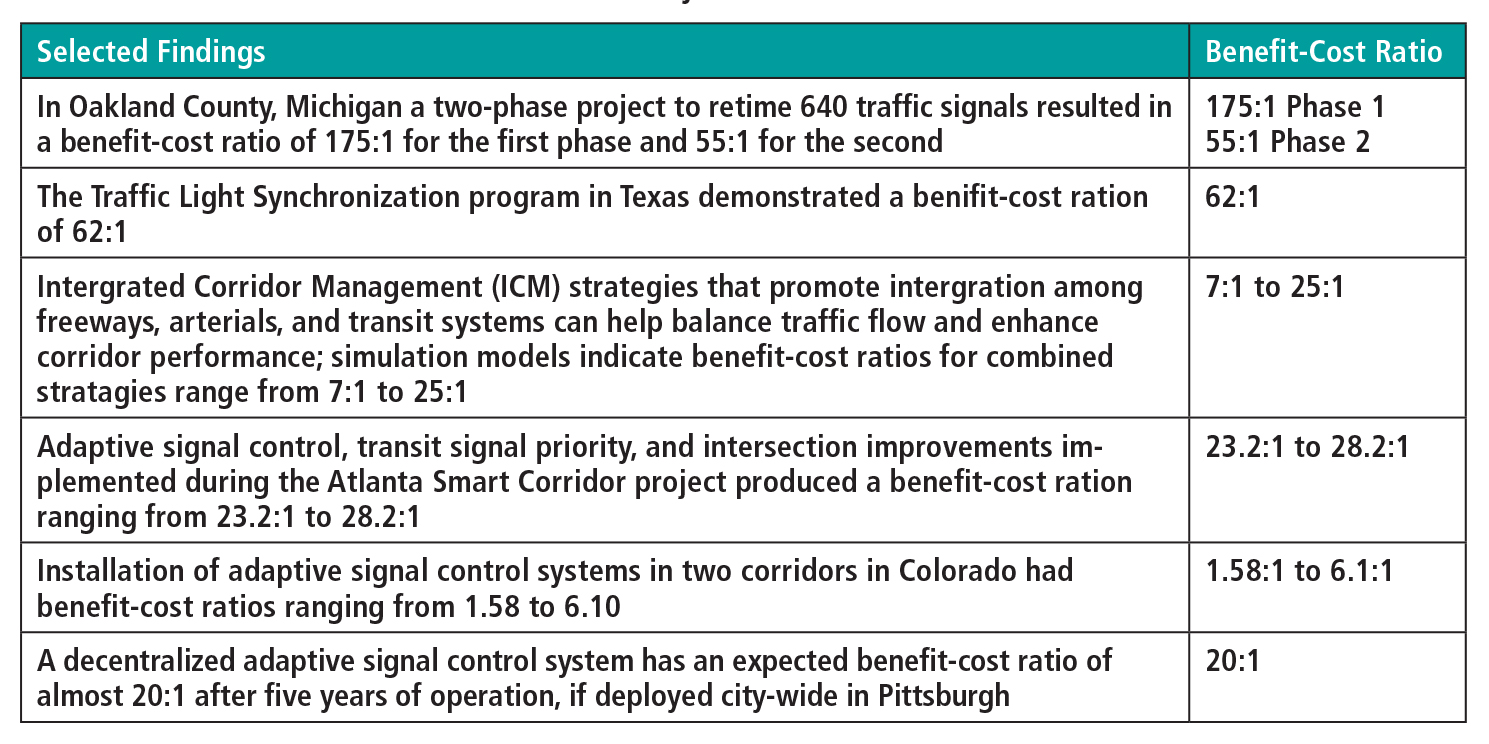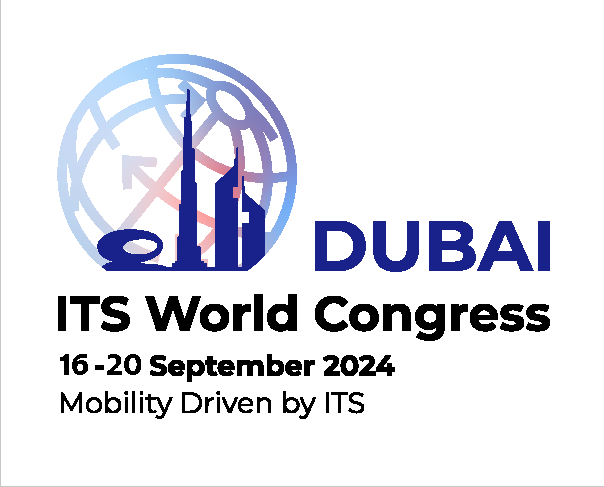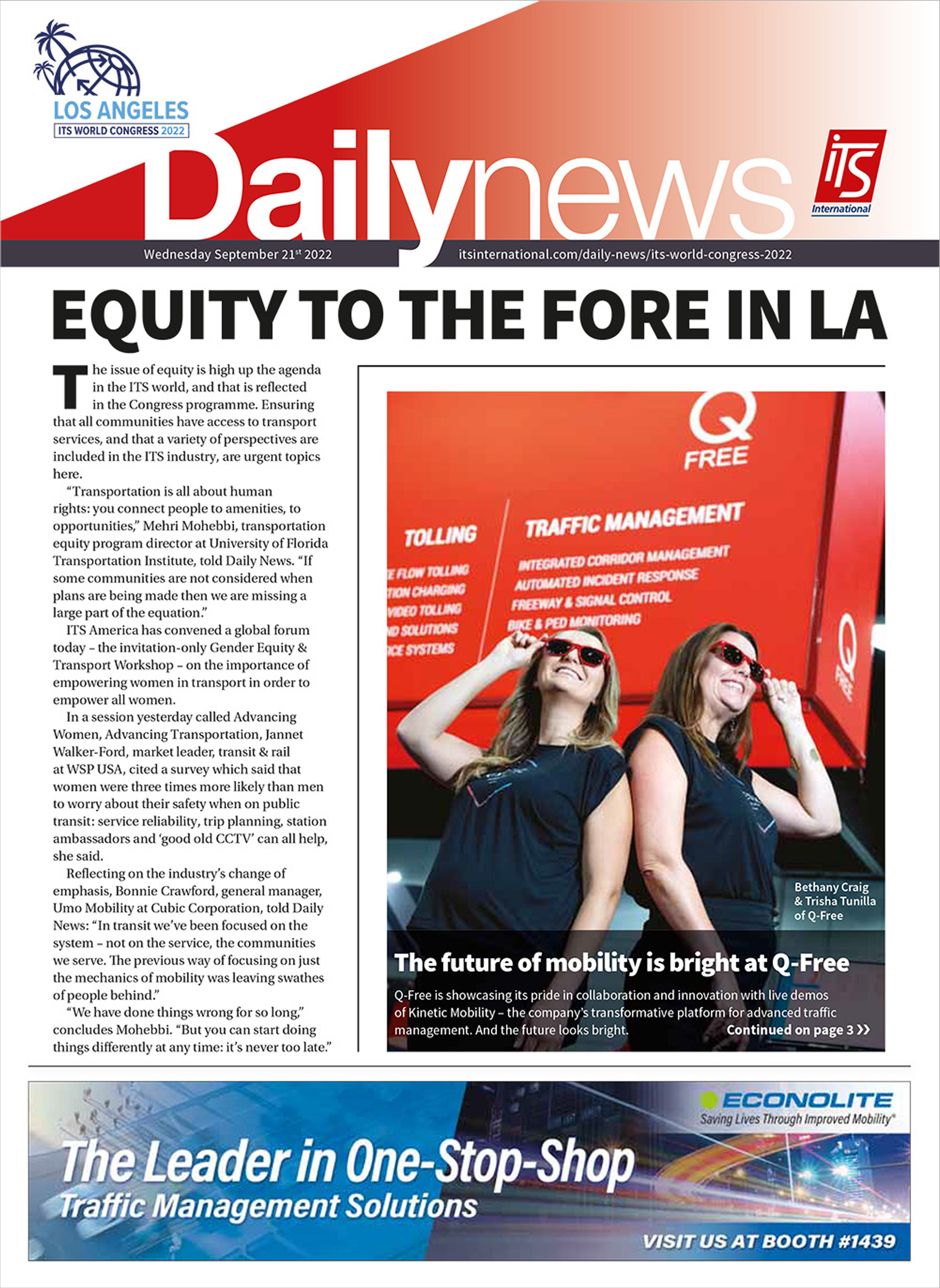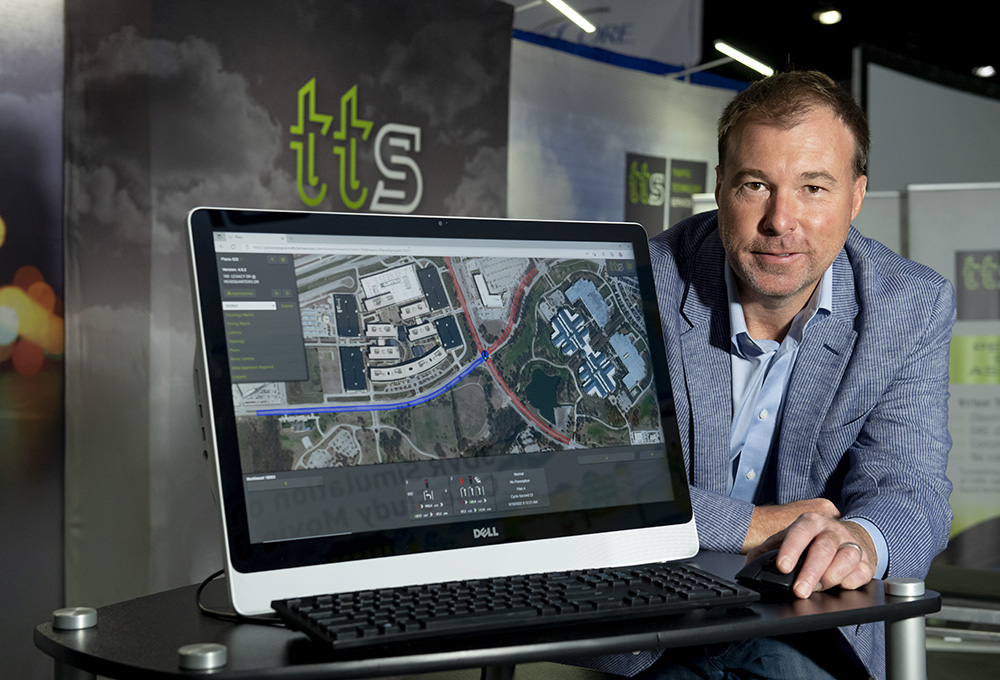
“This will be one of the first projects in the United States to provide cellular-based connected vehicle technologies to freight operators. These technologies render immediate benefits by enabling heavy vehicles to move smoothly along key corridors,” says NCTCOG project manager Thomas Bamonte. The project entails two ITS concepts for freight operators: environmental connected vehicle applications and freight signal priority.
First, TTS will equip freight operators with mobile applications that utilise its technology to provide a green light optimised speed advisory (GLOSA) and avoid stopping at signalised intersections. These applications are driven by the TTS prediction of traffic signal operations and geo-referencing API. Also known as the Personal Signal Assistant platform, it allows for immediate application development or integration into existing systems.
Secondly, Kimley-Horn Associates will implement its Traction platform to receive information from the TTS technology and send freight priority calls to local intersections.
An earlier study with Transport Canada, the City of Ottawa, and Carleton University also proved TTS freight technology effective.
“The Ottawa freight study revealed immediate fuel savings for the fleet, with some operators saving up to 14% with GLOSA,” says Kiel Ova, TTS head of government affairs and partnerships. TTS currently has over 1,300 signalised intersections deployed across the Dallas-Fort Worth region, and additional agencies committed to supporting the NCTCOG project. Visit the booth to learn more about TTS technologies and the NCTCOG and Ottawa freight projects.
Booth 710


